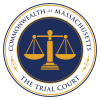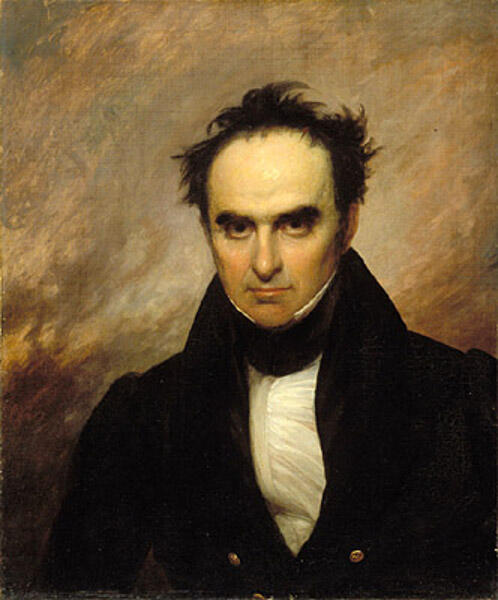- Trial Court Law Libraries
Artificial person. (17c) An entity, such as a corporation, created by law and given certain legal rights and duties of a human being; a being, real or imaginary, who for the purposes of legal reasoning is treated more or less as a human being….— Also termed conventional person, fictitious person; juristic person; juridicial person; legal person; moral person. Cf. Legal entity —Black’s Law Dictionary, 11th ed., 2019
Corporations may enter into contracts, and sue or be sued in court, in the same way as natural persons or unincorporated associations of persons.
In 1818, the famous attorney, statesman and orator Daniel Webster argued successfully before the U.S. Supreme Court that the charter granted to Dartmouth College, a private corporation, constituted a contract, and therefore it could not be altered by the state of New Hampshire (which was hoping to force the college to be a public institution). To do so would violate the Contracts Clause of the U.S. Constitution (Article 1, section 10: no state shall pass any law “impairing the obligation of contracts”). The Trustees of Dartmouth College v. Woodward 17 U.S. 518 (1819) This was a landmark decision in the history of the rights of corporations in the United States, as it established the idea that corporations were entitled to some of the protections of the Constitution. For a recent exhibition with primary documents about this court case, see “Limits to Power: Daniel Webster and the Dartmouth College Case” (Rauner Special Collections Library, Dartmouth College, 2019).
The first time that corporations were reportedly treated as “persons” was in the 1886 case Santa Clara County v. Southern Pacific Railroad Company, 118 U.S. 394 (1886). The Chief Justice stated that in the opinion of all the justices, the provision in the Fourteenth Amendment to the Constitution referring to “persons” applies equally to corporations, and that “The court does not wish to hear argument on the question…” This was merely preliminary oral argument, not part of the official opinion of the court, and therefore not precedent, but later Supreme Court cases have consistently affirmed this doctrine.
United States law follows this principle. 1 U.S.Code § 1 states that:
“In determining the meaning of any Act of Congress, unless the context indicates otherwise— the words “person” and “whoever” include corporations, companies, associations, firms, partnerships, societies, and joint stock companies, as well as individuals.”
Throughout the years there have been objections to the idea of granting personhood to corporations. The call for reform has been reignited by the controversial decision in Citizens United v. Federal Election Commission, 558 U.S. 310 (2010), which held that corporate funding of political broadcasts cannot be limited under the First Amendment.
For further reading, see:
- Wikipedia: Corporate Personhood
- Adam Winkler, “Corporations Are People’ Is Built on an Incredible 19th-Century Lie”, The Atlantic, March 5, 2018
- Massachusetts Trial Court Law Libraries, Massachusetts Law About Corporations
Written by Gary Smith

